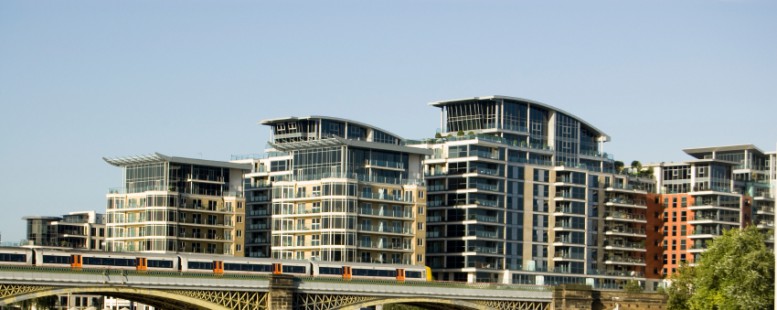Our Opinion: 2021
The UK House Price Boom

Britain’s housing market isn’t just rebounding from coronavirus, it’s in a full-blown boom mode.
One of the UK’s biggest housebuilders, Vistry Group, has just raised its 2021 profit forecast to £325m, after saying just two months ago that it expected to make £310m.
Meanwhile, net mortgage lending hit a record in March, according to Bank of England data going back to 1993.
There are lots of drivers behind the current house price boom. There’s the stamp duty tax holiday which has helped to fan the flames, by bringing forward purchases that would have been made later. That’s temporary, of course. But there is also a lasting Covid-19 effect. This is about people rethinking their priorities and moving home in order to take advantage of newly flexible work arrangements.
You might be sceptical about the extent to which the ‘death of the office’ is permanent. But when it comes to commuting, even one extra ‘work from home’ day a week – one that you can rely on, and that you can be reasonably sure will move jobs with you if necessary – increases your commuting radius dramatically.
In terms of ‘location, location, location’ this is the single biggest change to the structure of the UK housing market over the past year. It’s been driven by the accelerated change created by Covid-19, and it’s one of the things that’s likely to stick.
This boom could be good for London – because it’s being left behind. The ‘London premium’ is at its narrowest for eight years. Asking prices in the UK capital have risen by just 0.2% since March 2020 (so actually, they’ve fallen in “real” – ie inflation-adjusted terms). This is not surprising, given that rents in London are down by as much as 20%.
London has been the UK’s affordability flashpoint for years now. If cities are really going to maintain their status as centres of innovation and all the rest of it, there has to be room for a constant influx of fresh energy. If younger people start to feel that they can actually afford to live there again, then that’s no bad thing.
There’s another, much more old-fashioned reason for property booming right now: money.
Why are house prices soaring so rapidly? Displacement from London (and to a lesser extent, Edinburgh and a few other big cities) is one driver, where people sell a very expensive house and feel flush when they go out into the suburbs and the countryside, and so pay over the odds.
But there’s also a sheer ‘weight of money’ argument. In aggregate, a lot of people saved a lot of money during lockdown. And those people are disproportionately represented among homeowners or would-be homeowners. We’ve already seen that a lot of money has been spent on DIY and the like. For example, Topps Tiles recently reported that it saw record sales in the last three months of 2020. It took a hit during the first-quarter lockdown, but since branches re-opened in mid-April, like-for-like sales are up by nearly 17% compared to the same period in 2019.
And we can’t ignore the most obvious factor – cheap credit. The main driver of house prices is supply and demand. But not of houses – of the money and credit available to buy houses. One thing drives this more than any other: the willingness and ability of banks to lend against housing, and the price at which they are willing to lend.
When everyone is excited and house prices are shooting up, banks get excited too. Property is a lovely thing to lend against – if the borrower fails to pay you back, you get to keep the house. It’s a no-lose situation (when times are good). So they start to compete to attract homebuyers.
That exuberance translates into rising mortgage availability and lower mortgage rates. We might all be pondering the risk of inflation, but that hasn’t stopped TSB from just putting out a 0.99% two-year fixed rate mortgage. We haven’t seen two-year fixes that low since 2017.
As we saw prior to the 2007-2009 crash, this exuberance can hold up even in the face of rising Bank of England rates for quite some time. Once a boom gets going, it’s not so easy to stop.
So what’s next? We’ll reach a point where it all deflates again. That’s what happens during booms. But they usually last longer than you expect. And with both the government and central bank reluctant to rein in the economic good times when they’ve just got going, this will run for some time yet.
23rd May 2021
